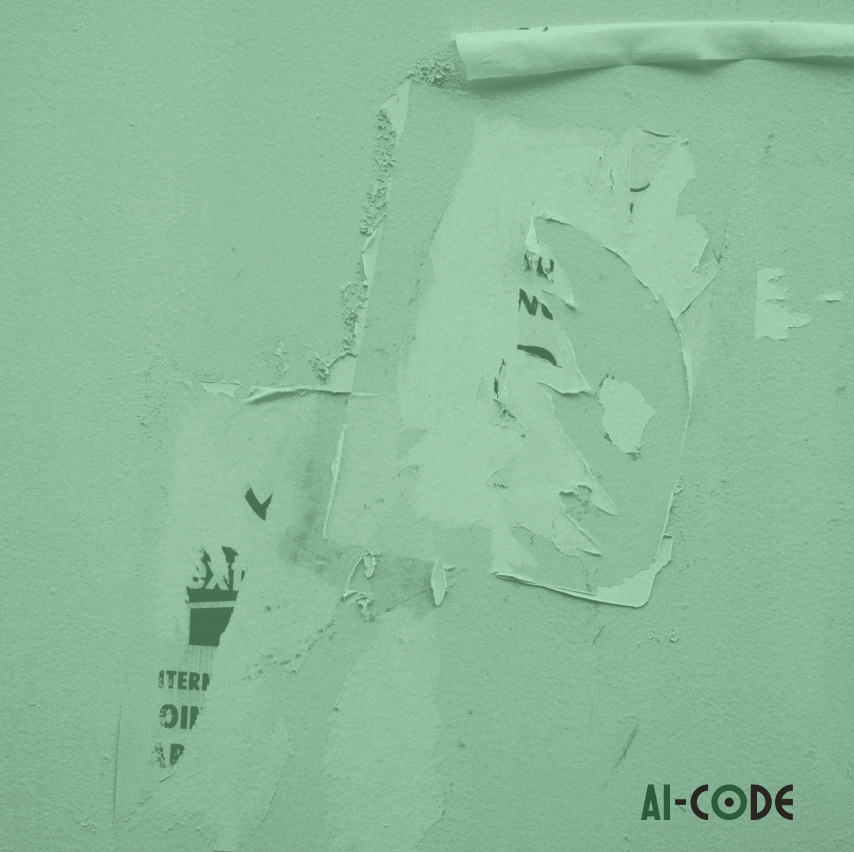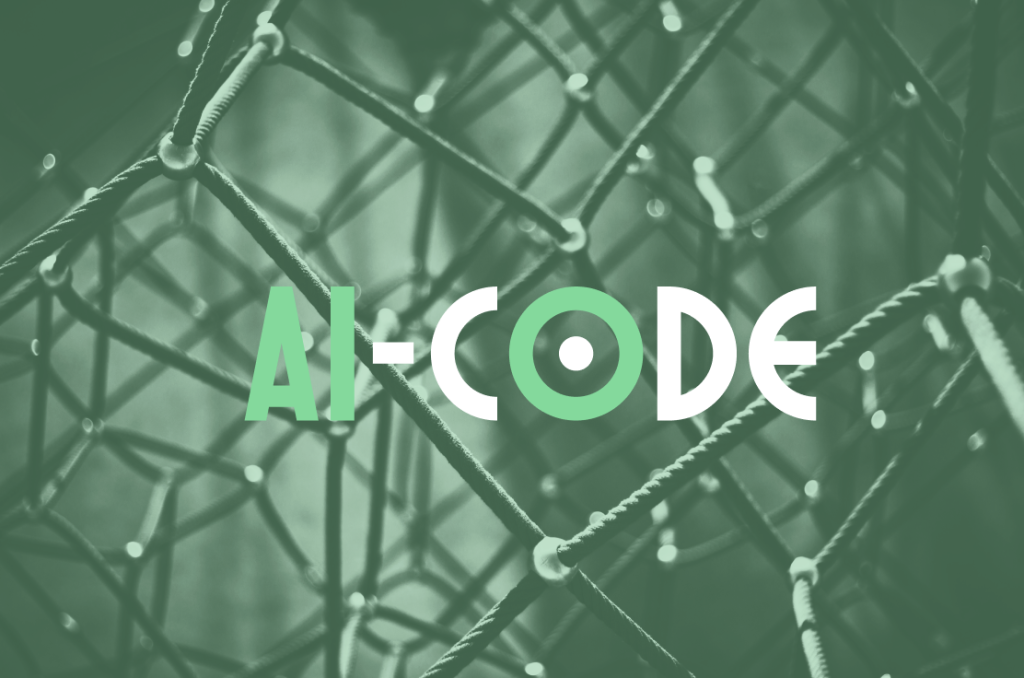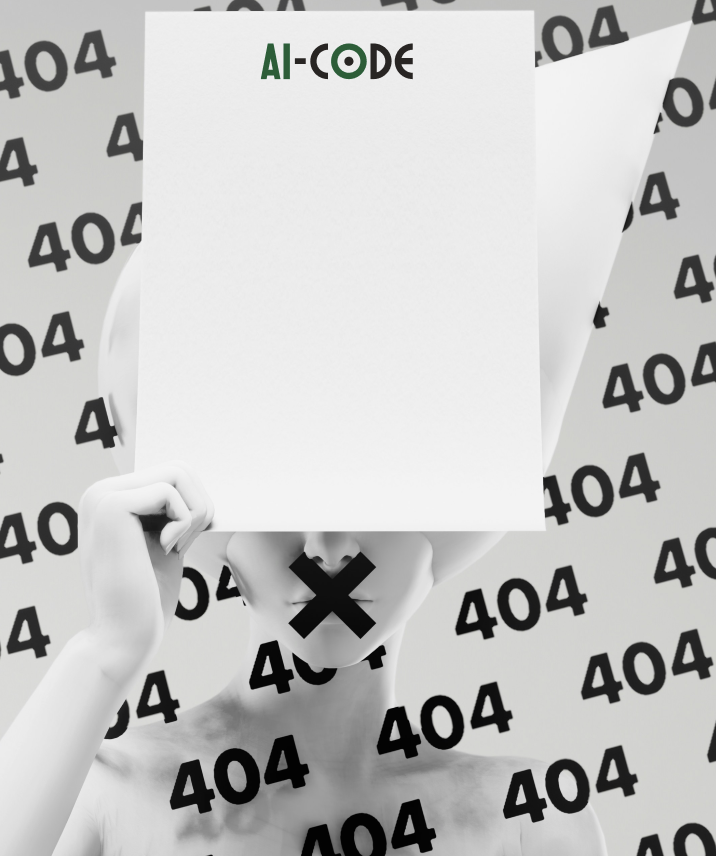
“Funded by the European Union. Views and opinions expressed are however those of the author(s) only and do not necessarily reflect those of the European Union or European Commission. Neither the European Union nor the granting authority can be held responsible for them.”

Current Challenges
The media sector is exposed to continuous innovations that occur at a pace never seen before. A significant booster behind such ongoing evolution is intense development of technologies, especially those based on Artificial Intelligence (AI) that heavily influence and shape the online environment.
AI plays a critical role, both positively and negatively, in creating and spreading information in the current digital era, having a potentially disruptive impact on citizens, democracy and society as a whole.
Why AI-CODE?
Large-scale disinformation campaigns are a major challenge for Europe. There is a tremendous need for innovative (AI-based) solutions ensuring media freedom and pluralism, delivering credible and truthful information as well as combating disinformation and harmful content.

Our mission
The main goal of the interdisciplinary AI-CODE project is to evolve state-of-the-art research results from the past and ongoing EU-funded research projects focused on disinformation to a novel ecosystem of services that will proactively support media professionals in trusted information production through AI.
We aim to achieve this by:
1. identification, analysis, and understanding future developments of next-generation decentralized and immersive social media (incl. emerging fediverse and metaverse environments) in the context of rapid development of generative Artificial Intelligence (with respect to text, image as well as video modalities) and how such a combination can impact the (dis)information space; and by
2. providing media professionals with novel AI-based services to coach them how to work in emerging digital environments and how to utilise generative AI effectively and credibly, to detect new forms of content manipulation, as well as to assess the reputation and credibility of sources and their content.


USE CASE 1
AI TOOLING FOR TRUSTED CONTENT
AI-CODE services to be tested:
•Disinformation Detection in the Next-generation Social Media
•Trustability and Credibility Assessment for Content and Sources
•Transparency Service for AI-model Cards
•Media Asset Annotation and Management (MAAM)
•Personal Companion for Understanding Disinformation for Media Professionals

USE CASE 2
USE OF AI TOOLS TO DISCOVER POTENTIAL FOREIGN INFLUENCE OPERATIONS FASTER
AI-CODE services to be tested:
•Trustability and Credibility Assessment for Content and Sources
•Disinformation Detection in the Next-generation Social Media
•Media Asset Annotation and Management (MAAM)

USE CASE 3
INTERACTIVE COACHING FOR HARNESSING GENERATIVE AI TO CREATE HIGH-QUALITY TRUSTED CONTENT
AI-CODE services to be tested:
•Generative AI Interactive Coaching Service & Dynamic Simulator for Media Professionals
•Personal Companion for Understanding Disinformation for Media Professionals
Subscribe to our newsletter
By subscribing you agree to receive the AI-CODE newsletter, and for your personal data to be processed for this end
